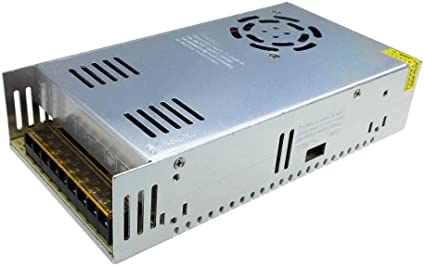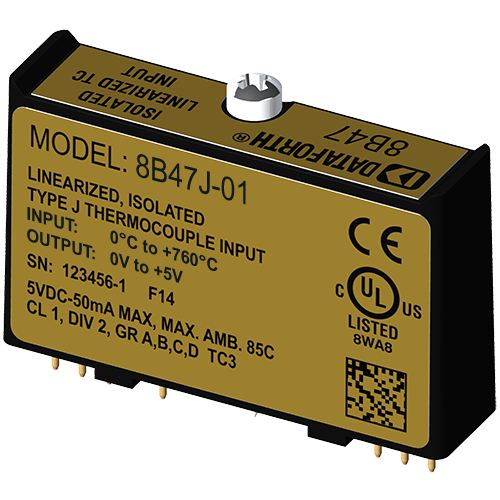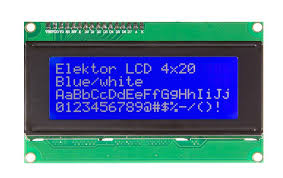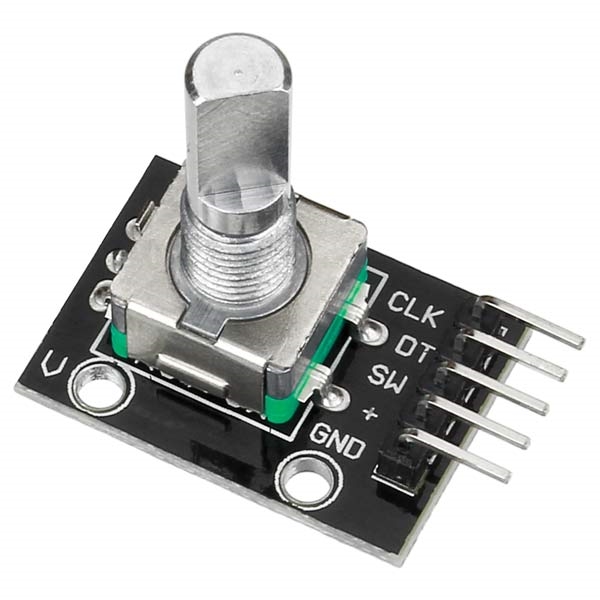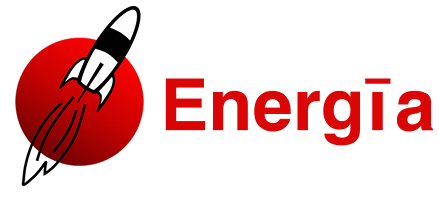Dataforth Battery Charger
Project Description
Dataforth Corporation designs and manufactures signal conditioning and data acquisition products for industrial process control. To showcase company products at trade shows, an example application solution that takes advantage of unique product features and utilizes a majority of in-house inventory parts is to be developed. A demonstrator that fits these needs is a battery charger/monitor for a 6 cell LiPo or similar modern technology battery. Once developed, the concept can be transferred to similar small applications or scaled to large applications such as electric vehicles (EV) or home energy storage.
Modern Li-Po battery chargers are cumbersome and bogged down by inefficient analog circuit design. Our client John Lehman, the VP of product development at Dataforth, has tasked our team with designing a safe multi-cell LiPo battery charger with support for user defined fault conditions. Provided that Dataforth specializes in data acquisition, signal conditioning and data communication, our team will incorporate Dataforth signal conditioning hardware to yield the highest level of accuracy when taking battery cell measurements.
Lithium polymer battery packs are inherently dangerous due to the catastrophic failure associated with improper handling and unsafe charging practices. With safety as our top priority, our team will incorporate state of the art fault condition recognition circuitry with ultra low latency and maximum precision. With the emphasis on safety, our team will additionally strive for appreciable levels of efficiency through utilization of an integrated battery management SoC coupled with industry leading analog circuit design. With these best practices in mind, our team will derive an exemplary design capable of competing at the highest level with current commercially available chargers.
Our Client
Dataforth Corporation was established in 1984 to provide signal conditioning, data acquisition, and data communication hazard protection solutions to the ever-enlarging factory automation markets. The original entrepreneurial venture was spawned by the Burr-Brown Corporation, an international leader in analog integrated circuits and related products and now part of Texas Instruments, Inc. Today, Dataforth is a worldwide innovator of signal conditioning, data acquisition, and data communication products. It maintains a positive revenue growth and delivers a steady introduction of new products offering customers high quality solutions for their industrial applications.
John Lehman VP Product Development has a Master's Degree in Electrical Engineering from the University of Arizona in Tucson, a Bachelor's Degree in Electrical Engineering from Northern Arizona University, and is a licensed Professional Engineer in the State of Arizona. He was in the first Capstone Design course offered at NAU. During his employment at Dataforth since 1989, Mr. Lehman has been involved in the design and manufacture of all Dataforth products with emphasis on high performance signal conditioning products. Mr. Lehman has written articles on signal conditioning theory and practice which have been published in various trade magazines.
The end goal of this project is to build a basic 6S (cell) Lithium Polymer (LiPo) battery and to have our product showcased at the Automotive Testing Expo, in Novi Michigan. Potentially this project will teach us essential skills of being an engineer as well as showcasing our experience as our team works for a real engineering company. On the contrary, we will be advertising our sponsors company as well as showcasing their exclusive products. As previously mentioned, LiPo batteries are commonly used in applications regarding RC cars and drones in addition to simple technologies requiring rechargeable batteries like cell phones and other handheld devices.
System Hardware and Systyem Software
MSP430FR6989
The MSP430 was responsible for our battery charger’s primary function for the charging algorithm as well as data processing from the multiple analog inputs.
Aclorol 30V 10A Power Supply
The Aclorol power supply was capable of outputting the 30V 5A required for our entire system.
8B47-J Signal Conditioning Unit
The signal conditioner was responsible for providing a stable noise free analog signal for the MSP430 to interrupt.
Code Composer Studio
Code Composer Studio (CCS) is the main coding software used for programming the MSP430. This program uses C based coding.
Energia
Energia software can be used like an Arduino IDE but can be converted into a C based format in CCS.

